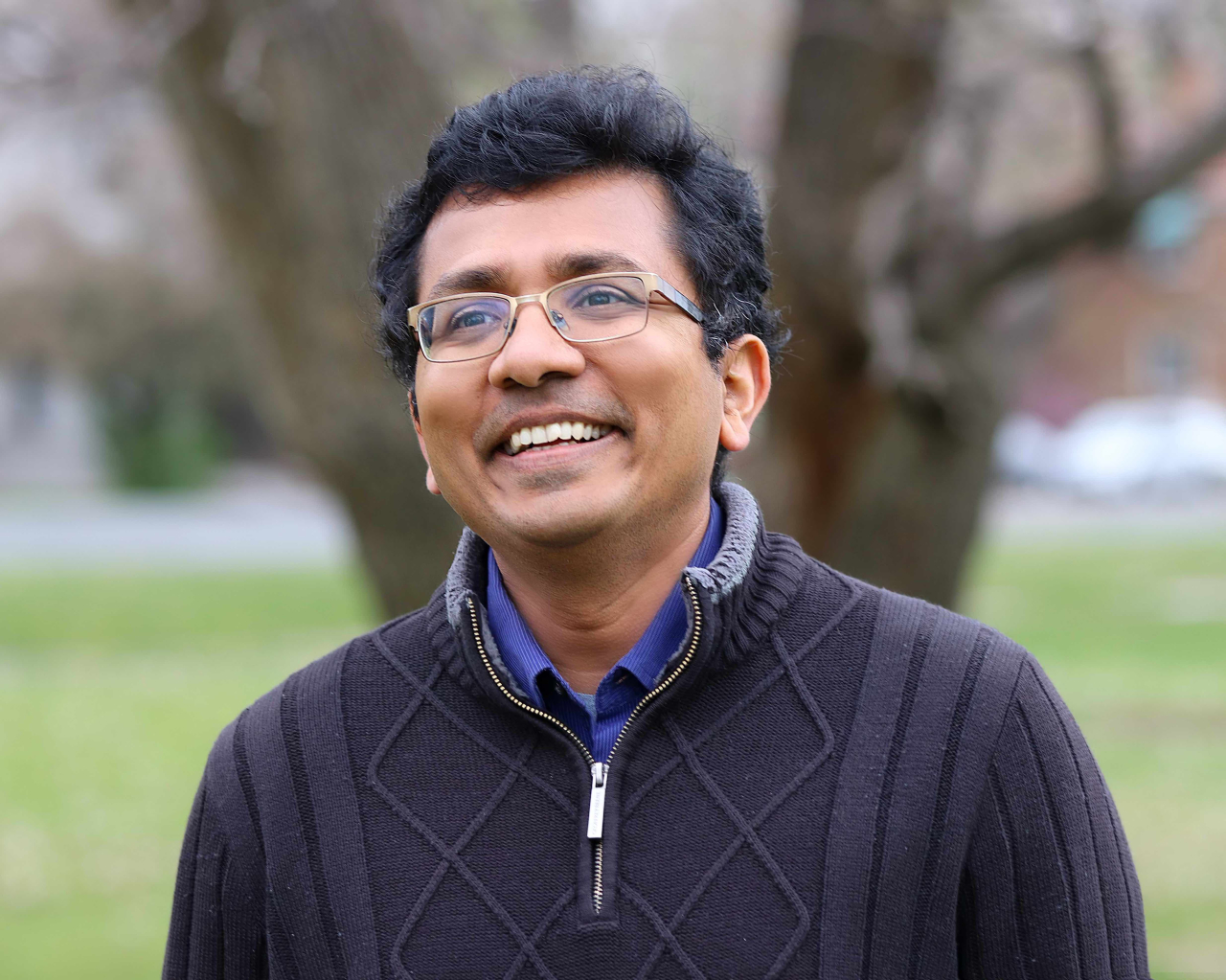Predictive Runtime Assurance for Autonomous Systems
Bio: 
Sriram Sankaranarayanan is a professor of Computer Science at the University of Colorado, Boulder. His research interests include automatic techniques for reasoning about the behavior of computer and cyber-physical systems. Sriram obtained a PhD in 2005 from Stanford University where he was advised by Zohar Manna and Henny Sipma. Subsequently he worked as a research staff member at NEC research labs in Princeton, NJ. He has been on the faculty at CU Boulder since 2009. Sriram has been the recipient of awards including the CAREER award from NSF (2009), Dean's award for outstanding junior faculty (2012), outstanding teaching (2014), the Provost's faculty achievement award (2014) and the Coursera outstanding innovation award (2022).
Abstract:
We present new perspectives on the problem of inferring the intents of various agents in a Cyber-Physical System, and using these intents to predict their future trajectories. This has several applications to the design and runtime assurance of systems involving humans and robots in a shared environment. A classic approach involves modeling the dynamics of each agent based on past positions and using this model to provide future forecasts. However, this can be improved considerably by incorporating the likely intents of the agent in a systematic manner. In particular, we show that temporal logics and finite-state automata can be used to represent a variety of possible hypotheses for the agent's intent. We combine this with generative modeling of agent behaviors under the assumption of ``noisy rationality''. Used in conjunction with the machinery of Bayesian inference, we can condition the hypothesized intents against actual real-time observations of the agent's actions. We demonstrate how the basic approach for relatively simple temporal logic properties in turn leads to a hierarchical approach capable of representing much more complex and richer intents.